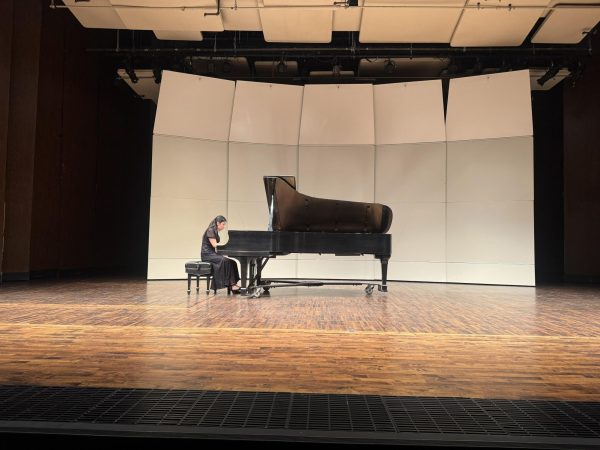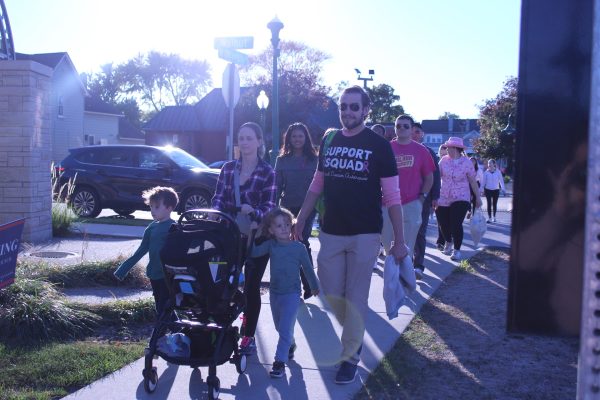Students for Recovery: Promoting physical and mental health
Special instructor Kathleen Spencer started the organization for the good of the health of students.
College is a place for self-discovery while learning about oneself and making plans for the future. Whether living on campus or commuting from home, the pressure of balancing academics, a social life and work, creates an environment where students experience the ups and downs of a college lifestyle. This can include the use of drugs and alcohol as well as the symptoms of anxiety and depression.
The new student organization at Oakland University called Students for Recovery has a mission to provide a supportive community where students in recovery can achieve academic success while enjoying a genuine college experience, free from alcohol and other drugs.
Kathleen Spencer, a special instructor at OU, was inspired to start this organization because she deeply cares about the emotional health of students.
“I hear all of the stories from students about what they’re going through and I also have a child here,” Spencer said. “It’s truly not easy to be a student, have a job and try to balance a social life in between.”
When Spencer brought the idea to start the organization to the Center for Excellence in Teaching and Learning (CELT), she was met with an overwhelmingly supportive response.
She visited the University of Michigan and Indiana University in an effort to see what other colleges were doing to support students seeking recovery. She found that to put together resources for students, she first needed to create a student organization.
“If students want to get sober, it tends to be quite difficult in college as the culture tends to lean toward the use of illegal substances,” Spencer said. “Organizations like Students for Recovery can allow those who are seeking a substance free environment to find that community on campus.”
Erica Wallace, health and wellness coordinator at OU, is instrumental in wellness activities on campus. Wallace believes participating in an organization like Students for Recovery will help eliminate the stigma of seeking help for substance abuse.
“There’s a perception that individuals who can’t quit substances of their own accord don’t want to quit badly enough or are weak or broken,” Wallace said. “The current knowledge about addiction is relatively limited—there’s still not a clear understanding of why two people can both use the same substance in equal measure, but one may get addicted and the other can stop when they choose.”
Substance use is often proffered as a means to coping with stress, anxiety and other feelings. Many college students may feel pressured by society or peers to engage in substance use, and it’s often normalized at various on-campus events.
“College-age students may feel an expectation to use substances and have a misperception that everyone else is doing it,” Wallace said. “Data from the national college health assessment conducted last spring at OU shows how powerful this can be; 94.4 percent of students thought typical OU students had used alcohol in the past 30 days, but actual usage was only 59.9 percent.”
Participating in Students for Recovery will allow students to receive support from members in this process by providing accountability and understanding. In turn, the goal is for students to become advocates for prevention, responsible use and eliminating stigma.
For those interested in participating, a planning meeting will be held on Monday, Mar. 24 and Tuesday, Mar. 27 from 5-6p.m. in Room 2018 HHB.





